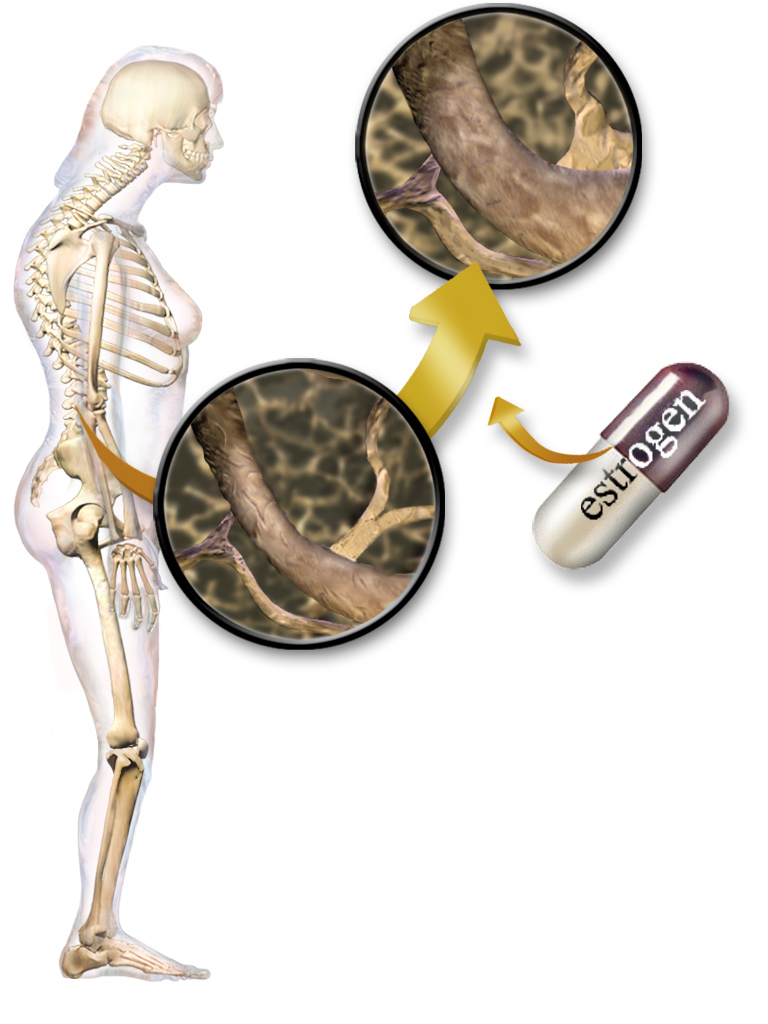Bone Fracture Risks Surge After Discontinuation of Hormone Therapy

A recent study conducted by researchers at the University of Nottingham reveals significant insights into the post-treatment risks of menopausal hormone therapy (MHT), commonly referred to as hormone replacement therapy (HRT). The research, published in the *Lancet Healthy Longevity* on July 24, 2025, indicates that women who cease MHT experience a marked increase in bone fracture risks within a year of stopping the treatment.
The study analyzed data from over 6 million women across approximately 2,000 general practitioner surgeries in the UK, allowing for a comprehensive assessment of fracture risks over a span of up to 25 years. The lead author, Dr. Yana Vinogradova, a researcher at the Centre for Academic Primary Care within the University of Nottingham's School of Medicine, emphasized that while MHT offers protective benefits against fractures during usage, these advantages diminish rapidly after cessation of the therapy.
According to the findings, the protective effect of MHT dissipates entirely within about one year after discontinuation. Subsequently, the fracture risk peaks approximately three years post-therapy, surpassing that of women who have never engaged in MHT. Interestingly, after about ten years of discontinuation, the fracture risk in former MHT users begins to decrease, eventually aligning with the risk levels of never-users. This pattern was consistent across all types of menopausal hormonal treatments, although the degree of increased risk varied depending on the specific treatment and duration of use.
Dr. Vinogradova noted, "Our comparative illustration of observed patterns of fracture risk for short and long use can help doctors and patients when discussing MHT treatment options, and to consider how fracture risk may change after stopping MHT use." She further suggested that these findings could prompt healthcare professionals to monitor bone health more closely during the transitional period after discontinuation, especially for patients predisposed to fracture risks due to factors such as inactivity or smoking.
The implications of this study are profound, as they underscore the need for heightened awareness among healthcare providers and patients about the potential risks associated with the cessation of MHT. In conjunction with the known benefits of MHT in alleviating menopausal symptoms, the findings present a complex landscape for women considering or currently undergoing hormone therapy.
Historically, MHT has been linked not only to reduced fracture risk but also to potential adverse consequences, such as increased risks of breast cancer and thrombosis, leading many healthcare professionals to advise against long-term use. The balance between the benefits and risks of MHT continues to be a contentious topic within the medical community.
In light of the study's findings, it becomes crucial for women to engage in informed discussions with their healthcare providers about the duration of MHT usage and subsequent monitoring of bone health. Future research endeavors are anticipated to delve deeper into the biochemical mechanisms at play and the varying impacts of different types of MHT on long-term bone health.
In conclusion, while MHT can serve as a beneficial intervention for menopausal symptoms and bone health during treatment, the associated risks following its discontinuation necessitate careful consideration and management for women transitioning off therapy. The findings of this study advocate for ongoing research and patient education to mitigate fracture risks and promote optimal health outcomes for women in their later decades.
Advertisement
Tags
Advertisement





